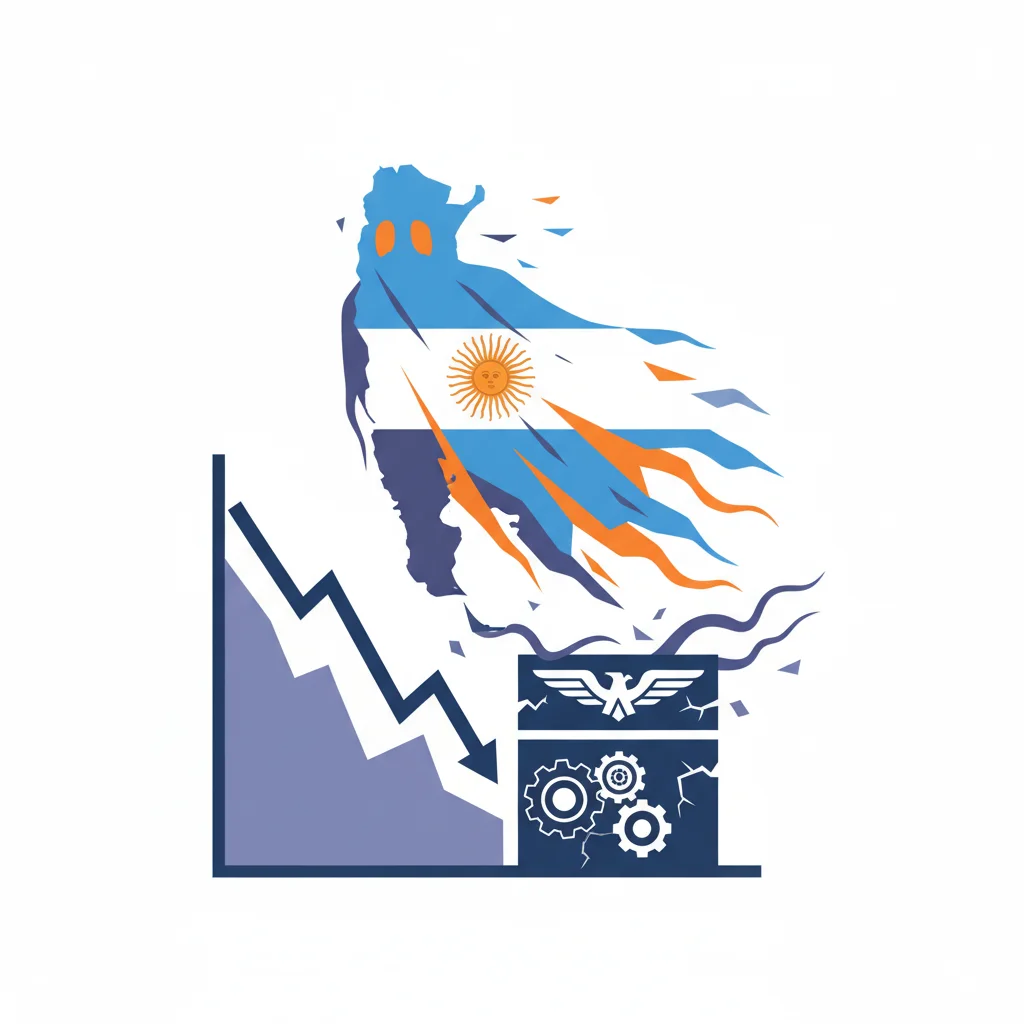
Argentina’s Economic Ghost Story: A Haunting Warning for the US Federal Reserve
In the world of global finance, the United States economy has long been seen as the bedrock of stability—the ultimate safe haven. Its central bank, the Federal Reserve, is viewed as the most powerful financial institution on the planet. But what if that stability is more fragile than we assume? What if the challenges currently facing the US—stubborn inflation, soaring national debt, and political polarization—are not unique, but rather echoes of a crisis that has played out time and time again in other nations?
This isn’t a hypothetical question. It’s a stark warning from someone who has stood at the helm of a central bank during a full-blown economic meltdown. Guido Sandleris, the former governor of the Central Bank of Argentina, recently shared his hard-won insights from his time battling hyperinflation and fiscal chaos. His experience offers a chillingly relevant set of lessons for US policymakers, investors, and anyone with a stake in the future of the global economy. By looking through the lens of Argentina’s chronic struggles, we can see the subtle but dangerous fault lines developing within our own financial system.
This isn’t about predicting an Argentine-style collapse for the US. It’s about recognizing the universal principles of sound money and the devastating consequences of ignoring them. The lessons from Buenos Aires are not just a piece of economic history; they are a potential roadmap of the perils that lie ahead if we fail to heed the warnings.
Lesson 1: Credibility is Everything (And It’s Frighteningly Easy to Lose)
At the heart of modern banking and monetary policy lies a simple but powerful concept: credibility. When a central bank says it will control inflation, the public and the markets must believe it. This belief anchors expectations, influences wage negotiations, and guides investment decisions. According to Sandleris, this trust is a central bank’s most valuable asset, and once lost, it is “very difficult to recover (source).”
In Argentina, a long history of broken promises, political interference, and currency crises has completely eroded the central bank’s credibility. No one believes its inflation targets because they have been consistently missed for decades. The result is a state of perpetual economic anxiety where citizens and businesses expect high inflation, and in doing so, help create it.
For years, the US Federal Reserve enjoyed almost unquestionable credibility. But the inflation shock of 2021-2022 dealt a significant blow. The Fed’s initial insistence that inflation was “transitory” proved incorrect, leading to a period where markets and consumers began to doubt its resolve. Every wavering statement and every policy pivot is now scrutinized for signs of weakness. This matters immensely for the world of investing. When Fed credibility is high, markets are stable and predictable. When it’s low, volatility reigns, and risk premiums on assets, from the stock market to corporate bonds, must rise to compensate for the uncertainty.
Lesson 2: The Silent Killer: When Government Spending Hijacks Monetary Policy
Perhaps the most potent warning from Argentina is the danger of “fiscal


